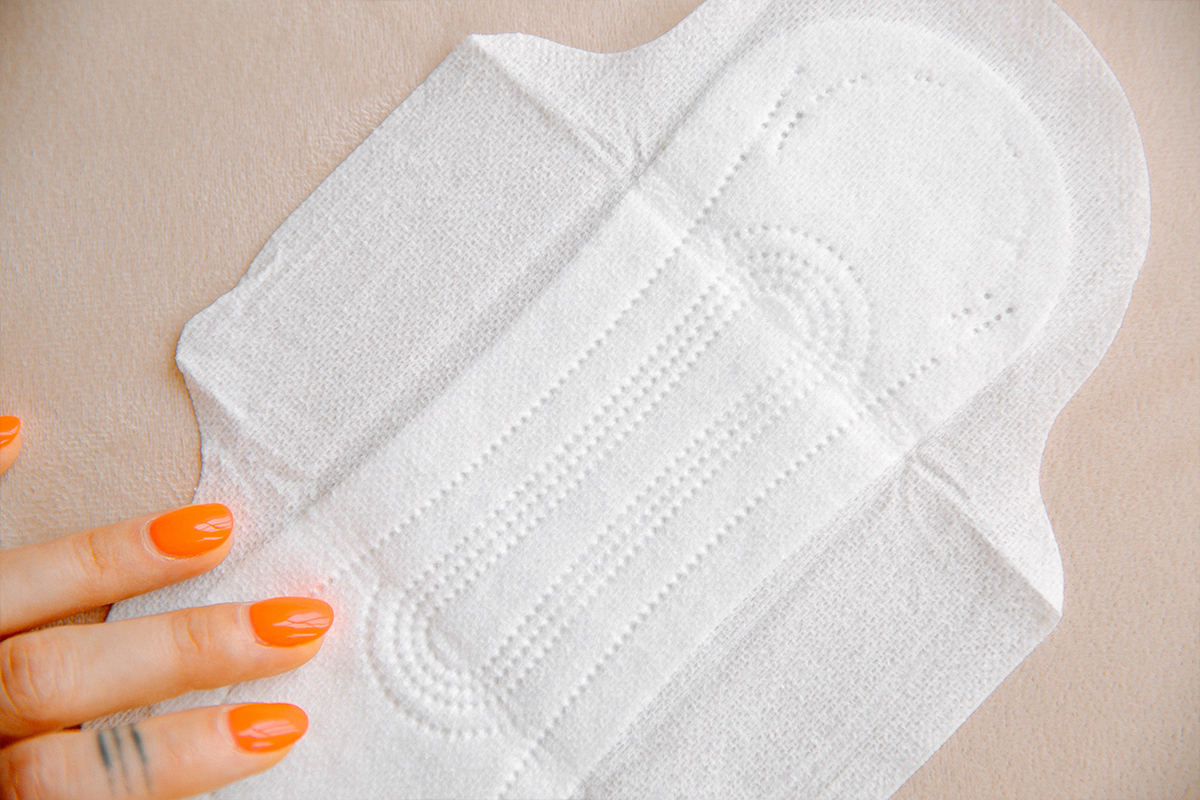
Could It Be PMDD?
Evil sister to PMS, PMDD affects up to 8% of menstruating women and has a devastating impact on mental health.
Premenstrual syndrome (PMS) is relatively well understood amongst women and men. It refers to symptoms that many women experience in the week(s) before their period, including bloating, acne, headaches, fatigue, diarrhea, sore breasts, and so on. It’s estimated PMS affects 3 in 4 menstruating women, compared to PMDD’s 3-8% statistic — that’s a lot more women and a lot more recognition than is granted to the latter.
You can think of premenstrual dysphoric disorder (PMDD) as PMS’s evil sister. She pays a visit around the same time each month, but her presence is even less welcomed. Symptoms of PMDD crossover with PMS, however, they are much more severe and often intervene with daily life. It’s not uncommon for women with this condition to feel hopeless, overwhelmed, depressed, and even suicidal in the lead up to having their period. As with PMS, these symptoms tend to simmer down once menstruation begins and usually disappear once it’s over, but that doesn’t make it any easier for sufferers:
"The best way for me to describe it is that – once a month – I decided to press my own ‘self-destruct’ button and literally let my life (my normally very happy and satisfying life...) implode around me. Then when the dark thoughts lifted and completely cleared, I spent the next 2 weeks trying to pick up the pieces," reads one statement on Mind.

The condition is associated with increased sensitivity to (normal) hormonal changes during the menstrual cycle, and low levels of the happy chemical, serotonin, responsible for controlling mood, amongst many other things. If you think you might have PMDD the first recommended step is to visit your GP and explain your situation. It might be helpful to keep a mood diary or use a mood tracking app prior to this, to better understand (and explain) your symptoms and their reoccurrence. It might be the case that your health professional doesn’t really know what PMDD is, given that it is fairly uncommon. To avoid this issue, you could request a doctor that specializes in gynecology (the female reproductive system).
During the appointment you will be asked questions about your mental health and your medical history — they may also do a blood test to rule out other potential problems. Assuming you have PMDD, your doctor will discuss the treatments available to you, which according to Mind include: talking treatments, anti-depressants, painkillers or anti-inflammatory drugs, combined oral contraceptives, GnRH analog injections, and surgery. If you’re into herbal remedies a quick google search shows agnus castus fruit extract may also alleviate symptoms of PMS/PMDD, though this shouldn’t replace a doctor’s visit.

The important thing to remember is that PMDD is a mental health problem and shouldn’t be swept aside by you or anybody else. You wouldn’t ignore a broken leg, so don’t ignore this. From one menstruating woman to another, good luck.











